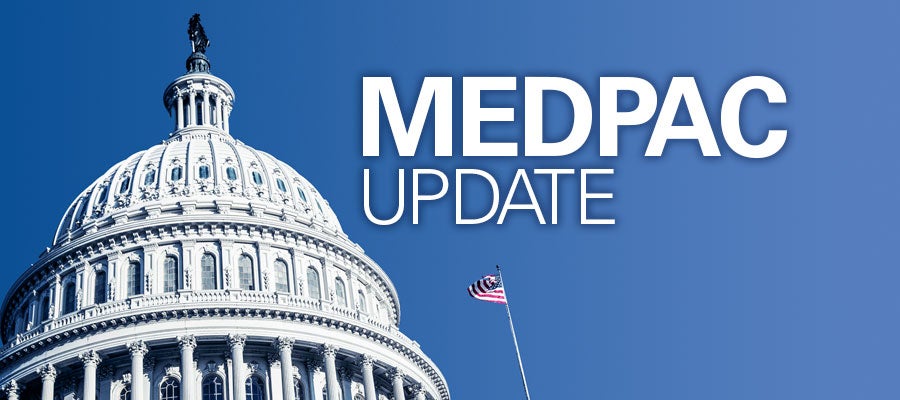Tina Eden, R.N., CEO of Virginia Gay Hospital, and Jacinda Bunch, Ph.D., R.N., assistant professor at the Iowa College of Nursing and senior advisor to Simulation in Motion-Iowa, or SIM-IA, dive into how this mobile clinical education program is delivering high-impact simulation training directly to rural hospitals and EMS teams.








